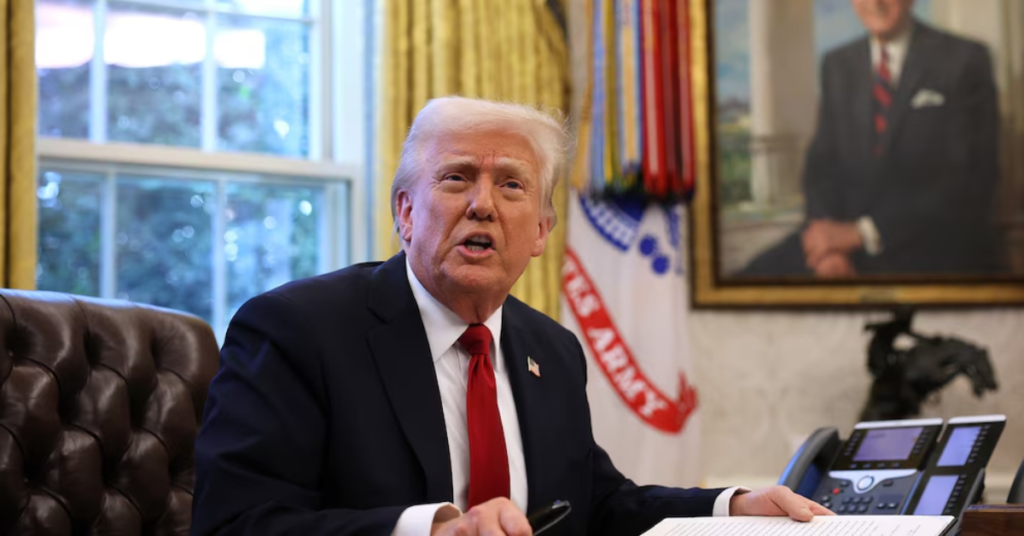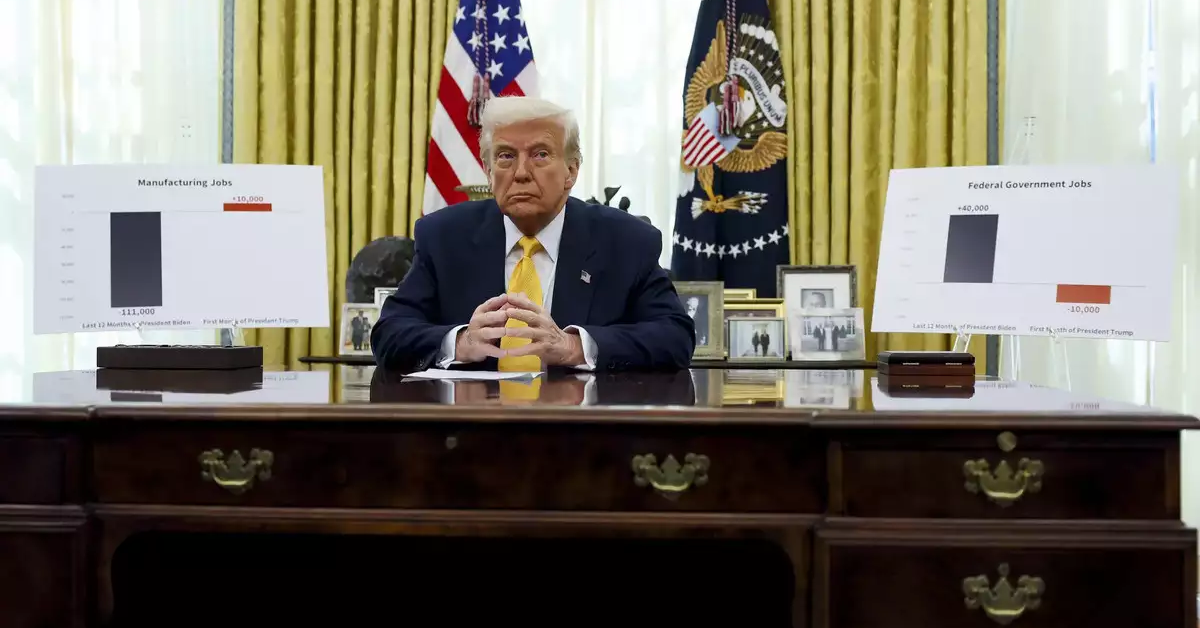The Trump administration has floated a daring plan to annex Greenland, offering each resident $10,000 in an effort to outspend Denmark’s subsidies, which total $600 million. This bold proposal has raised eyebrows and sparked conversations across the globe, as the U.S. government seeks to take its influence in the Arctic region to new heights.
Greenland, an autonomous territory of Denmark, has long been a point of geopolitical interest, especially due to its location and rich natural resources. The Trump administration’s idea to purchase Greenland, originally suggested in 2019, has now resurfaced, with new details emerging about how the U.S. would sweeten the deal for Greenland’s residents.
A Controversial Proposal
The idea of annexing Greenland has faced significant criticism, not only from Denmark but also from political analysts and experts who view the plan as impractical and controversial. While the U.S. has historically maintained close ties with Greenland, particularly through its Thule Air Base, the idea of paying the territory’s residents to support the annexation raises serious questions about sovereignty, ethics, and international diplomacy.
The Trump administration argues that such a move would bring significant economic benefits to both Greenland and the U.S. By offering $10,000 to each resident, the U.S. hopes to build goodwill among the population and sway their support for the proposal. The payment, they argue, would ensure that the people of Greenland benefit financially from the arrangement, further strengthening the relationship between the two territories.
However, critics are quick to point out that the offer undermines Greenland’s autonomy and could potentially cause political unrest. Denmark, which governs Greenland, has expressed strong opposition to any plans to sell or transfer control of the island, calling the proposal a breach of international law and diplomatic norms.
The Role of Denmark and the $600 Million Subsidy
The idea of annexing Greenland is not just about financial gain for the U.S.; it is also a response to Denmark’s ongoing subsidies. Every year, Denmark contributes roughly $600 million to support the economy of Greenland, which has a population of around 56,000.
These funds are essential in maintaining the island’s infrastructure, healthcare system, and other social services. However, with the growing interest in the Arctic and its resources, the U.S. sees an opportunity to step in and take a more active role.
By offering a direct financial incentive to the people of Greenland, the Trump administration is attempting to outdo Denmark’s subsidies. The $10,000 offer per resident is seen as a way to make the prospect of U.S. annexation more appealing. If successful, this could lead to a new chapter in Greenland’s history, one that shifts its political allegiance away from Denmark and toward the U.S.
But this proposal raises several red flags. First, it disregards Greenland’s sovereignty, which has been self-governing since 2009. While it remains part of the Kingdom of Denmark, Greenland has long sought greater independence, and many view the Trump administration’s plan as a step backward in that effort.
A Global Perspective: The Geopolitical Implications
The geopolitical implications of this proposal cannot be overstated. Greenland is located in a strategic position in the Arctic, making it a key player in international relations. The region is rich in untapped natural resources, including oil, gas, and minerals, which have become increasingly important as global demand for these resources grows.

By annexing Greenland, the U.S. would gain access to these resources and a crucial military and strategic position in the Arctic. This could potentially shift the balance of power in the region, with the U.S. cementing its dominance and reducing the influence of Russia and China, both of which have been increasing their presence in the Arctic in recent years.
However, this move could also provoke tensions with Denmark, which has maintained its sovereignty over Greenland for centuries. Denmark has long viewed Greenland as a key part of its territory, and any attempt by the U.S. to annex the island would likely lead to a diplomatic crisis. The move could also strain relations between the U.S. and its European allies, many of whom are already concerned about the Trump administration’s “America First” policies.
The Likelihood of Success
Despite the boldness of the proposal, it seems unlikely that the Trump administration will be able to annex Greenland successfully. The challenges involved in such a move are significant, from navigating complex legal frameworks to overcoming international opposition. Denmark has already made it clear that it will not entertain any attempts to sell or transfer Greenland, and the U.S. would likely face strong resistance from the international community.
Furthermore, there are practical issues with the plan. Greenland’s residents, despite the financial incentives, may not be willing to give up their autonomy in favor of becoming part of the U.S. The island’s political leaders have long pushed for greater independence, and the idea of being annexed by a foreign power could be seen as a betrayal of their long-standing goals.
Conclusion
The Trump administration’s proposal to annex Greenland remains a highly contentious and unlikely endeavor. While the offer of $10,000 to each resident may seem like a generous incentive, it is unlikely to sway the majority of Greenland’s population or Denmark’s government. The geopolitical implications of such a move would be far-reaching, and it is unclear whether the Trump administration will be able to overcome the many hurdles in its way.
As the situation develops, it will be interesting to see how Denmark, Greenland, and the international community respond to the Trump administration’s bold plan. For now, it remains a proposal in limbo, with little indication that it will come to fruition anytime soon.
Disclaimer: This article has been meticulously fact-checked by our team to ensure accuracy and uphold transparency. We strive to deliver trustworthy and dependable content to our readers.








